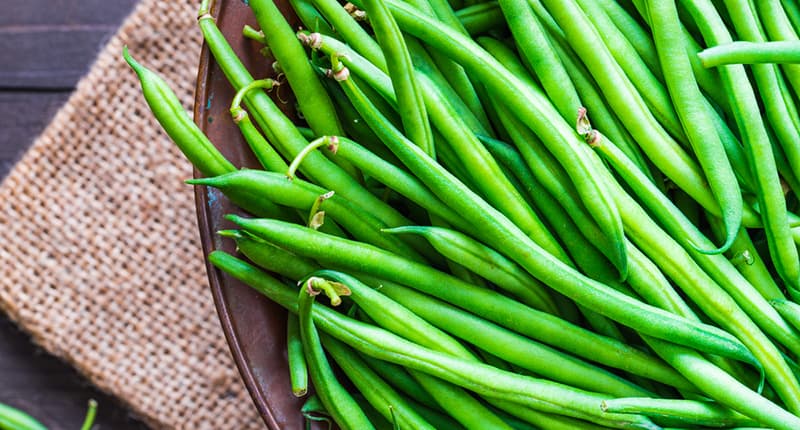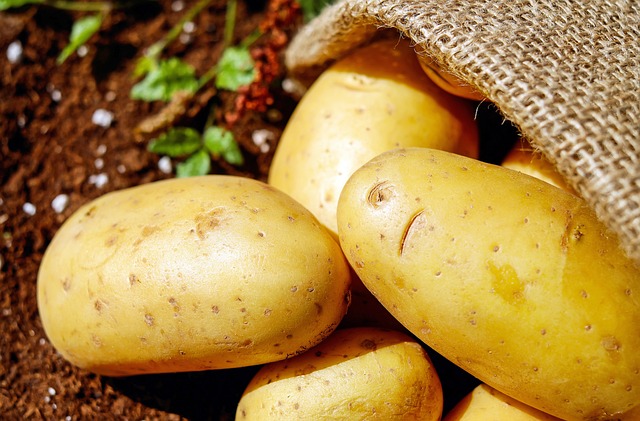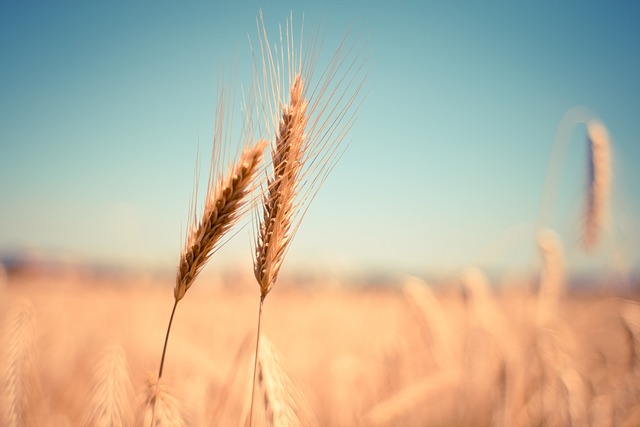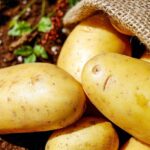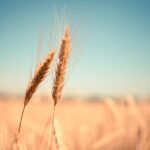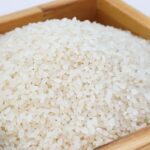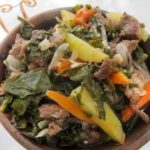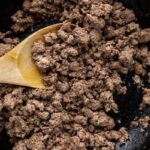Are Beans Protein? Frequently Answered
First, are beans protein? YES!
According to experts, beans are a great source of protein and are also very nutritious. Beans do contain carbohydrates, but the type present are oligosaccharides, which are complex carbohydrates. The dietary fiber in beans is made up of biomolecules called oligosaccharides, which have a complex chain. Only a tiny portion of these complex carbohydrates are absorbed into the body because they are difficult to digest.
In the botanical family Leguminosae, beans make up a sizable group of arable food crops. There are thousands of bean species that are cultivated worldwide in numerous regions. The family of plants known as Leguminosae, or simply “legumes,” includes peas, beans, pulses, lupins, groundnuts, and lentils.
Please continue reading as I explain the specific information.
Table of Contents
The Health Benefits Of A Plant-based Protein Like Beans
“According to Katherine Brooking, MS, RD, a registered dietitian in San Francisco and co-founder of the nutrition news organization Appetite for Health, beans and legumes are the frequently underappreciated heroes of the plant-based world. “Without the saturated fat found in some animal proteins, they are high in fiber, minerals, and protein. According to research, consuming beans and legumes as part of your diet may also help lower your blood cholesterol, which is a major risk factor for heart disease, and improve digestion.” (The fact that beans are high in prebiotics is probably related to that gut health factor!)
Additionally, fiber and protein work together to keep you fuller for longer, which makes it simpler to lose weight or maintain weight loss.
“According to Samantha Previte, RD, a registered dietitian with Dietitians of Palm Valley in Ponte Vedra Beach, Florida, you only need to consume a half-cup to a full cup of legumes every day to reap these benefits.
Why Do Beans Have Such A High Protein Content?
Comparatively speaking to other sources of vegetable protein, beans have a protein content of between 21 and 25 percent by weight.
“Most beans have approximately 6 to 9 grams per half-cup serving, which equals two egg whites, one egg, or a bit over one ounce of chicken, beef, or fish,” says Lauren Harris-Pincus, MS, RDN, founder of Nutrition Starring YOU and author of The Protein-Packed Breakfast Club. Additionally, some legumes offer even more protein. (More on that later.)
“While meat contains more protein per serving than beans, it also frequently contains more saturated fat and no fiber. A half-cup of cooked beans or lentils packs in about 7 to 9 grams of fiber per cup,” Rania Batayneh, MPH, owner of Essential Nutrition For You and author of The One One One Diet: The Simple 1:1:1 Formula for Fast and Sustained Weight Loss. “In terms of protein content per serving, beans and lentils rank among the top plant-based proteins, just behind tofu and tempeh but ahead of nuts, seeds, quinoa, and vegetables.”
Furthermore, Previte notes that, in contrast to lean meat, “beans are extremely economical, so it can be a cheap way to get nutrient-dense, high-protein options in your diet.”
Stock up on these reasonably priced, incredibly healthy beans. We asked the RDs to share their favorite ways to prepare each one in a delicious way after ranking them according to how much protein they contain.
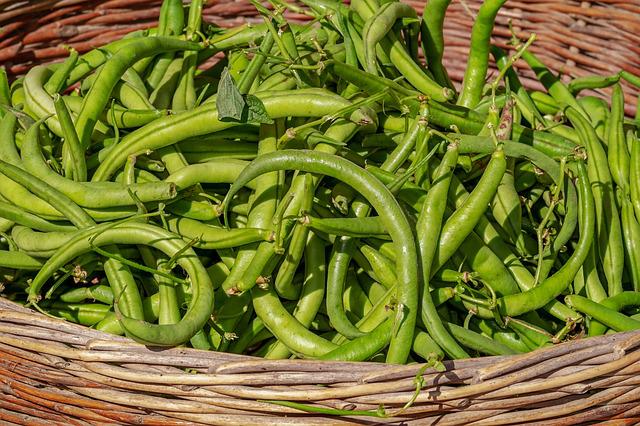
Why Is Protein Important?
Let’s get one thing out of the way: why is protein important for your health?
“According to Hopsecger, eating a lot of protein can help you build muscle, lose weight, lower blood pressure, and reduce your risk of developing diabetes.
Here are some more justifications for the significance of protein. Protein:
- oxygenates red blood cells, which helps your body get the nutrients it needs.
- Regulates hormones.
- Aids in digestion.
- increases the speed of injury and exercise recovery.
Bean Nutrients
All types of beans are loaded with nutrients, even though the nutritional information varies slightly among them. For instance, a ½ cup of black beans has only 1 gram of fat and only 8 grams of protein, 6 grams of fiber, significant amounts of iron, and potassium. 21 grams of carbohydrates are included in it as well. Yes, beans are a good source of both protein and carbohydrates. See more about Why Doesn’t The Government Subsidize Healthy Food?
Beans And Diabetes
Where do beans fit in a diabetes nutrition plan given that they contain both protein and carbohydrate? Keep in mind that beans are high in fiber. Because fiber cannot be digested by the body, not all of the beans’ carbohydrate will be converted to blood sugar. Furthermore, the protein will make it take longer for beans to digest. Beans have a low glycemic index due to these factors, which means they are less likely to cause a blood sugar spike. Numerous studies have demonstrated the potential benefits of beans for the treatment of diabetes, high blood pressure, and high cholesterol.
If you use insulin or are following a carbohydrate-counting diet, you must still take the carbs in beans into consideration. The beans occupy space in both the protein and carbohydrate sections of the diabetes plate method.
The Bottom Line
What makes beans so great? Both are affordable and beneficial. In this difficult economy, many people are on tight food budgets. Beans are affordable, durable, and packed with nutrients. Beans are an excellent addition to your diet because studies have shown that a plant-based diet is beneficial for managing diabetes.
Last but not least, I want to thank you for reading.

